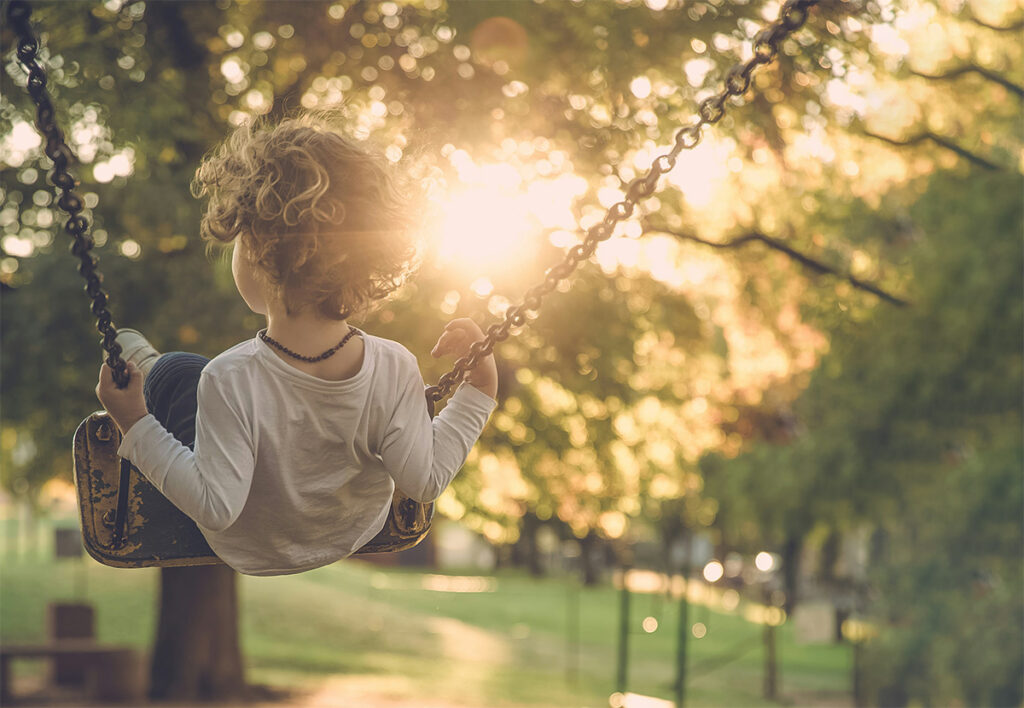In a bit of wisdom for the ages, Kurt Vonnegut once said, “Enjoy the little things in life because one day you’ll look back and realize they were the big things.” Parents can put this principle to good use as they raise their kids. Sure, taking care of the big things — everything from getting to know their friends to monitoring their social media use — is important. But it’s also the little things parents do on a daily basis that can help mold their kids’ character for the good.

This subject captured the attention of Melody Glass and inspired her to investigate. “Over the years, I’ve become increasingly curious about what psychology says when it comes to raising emotionally strong, self-aware, and capable kids,” she writes in an article for Daily Motivation News.
“And what I’ve found is both comforting and empowering: intelligence in parenting isn’t about being perfect.
“It’s about being intentional. The smartest parents I’ve observed (and tried to learn from myself) all tend to do a few key things that quietly set their children up for long-term success.”
According to Glass, there are many little things that parents can do to make a big — and positive — difference in their kids’ lives. Here are five:
“They cultivate a growth mindset early.” The old saying, “It’s not the destination, it’s the journey,” has been expressed in a variety of ways. With kids the important thing to emphasize is that learning how to solve problems is more important than having a solution. Developing a growth mindset, then, is the key — the desire to embrace the process in order to mature, even if the process involves setbacks. The benefit of this mindset is immense, as Glass points out: “Over time, that tolerance for stumbling breeds persistence in school, resilience at work, and even healthier relationships.”
“They prioritize unstructured play.” There’s a simple observation about presents for young kids that is so common it’s become a bit of a cliché. When a toddler opens a present they end up playing with the box it came in instead of the present itself. This reveals that kids exhibit nearly unbridled imagination and creativity in day-to-day play. It’s up to parents to encourage that creativity. The result? “When kids create their own games,” Glass notes, “building improbable forts or staging sock‑puppet dramas — they practice divergent thinking, collaboration, and flexible problem‑solving.” All excellent skills to cultivate for the long term.
“They tell — and retell — family stories.” Everyone, not only kids, should take pride in their family’s accomplishments. But — going back to the lesson about process vs. destination — learning from mistakes is also incredibly important. Family stories should include reminiscences about tough times and how family members in the end endured. As Glass notes, kids may learn a simple but invaluable lesson: “When life swerves, they have a built‑in reminder: our family has weathered storms before, and so will I.”
“They model deliberative self-control.” The benefits of delayed gratification are well researched and well known. It helps with everything from a person’s long-term financial wellbeing to physical health. However, as the old saying goes in creative writing: show, don’t tell. It’s better for a parent to model self-control than simply recite it as a command. It may take time but, as Glass points out, “Kids see willpower not as a mysterious force but as a choice‑and‑reward sequence. Over time, that bleeds into their habits — saving part of their allowance, resisting peer pressure, pacing their screen time. It’s not a lecture so much as a living demonstration.”
“They let kids wrestle with age-appropriate risks.” Not many parents relish the sight of their child falling off a jungle gym. But kids who are allowed to take mild risks learn a valuable lesson — they grow to understand their limits. Risks come in all sizes and shapes, though, so parents need to give serious thought to what is appropriate for their child’s age and particular personality. The reward in the end is likely worth the risk. Kids, Glass says, “enter adulthood having already collected a portfolio of small rebounds, so the big setbacks don’t feel like the end of the world.”
Little habits of encouragement practiced daily can in the end make a big difference, indeed.